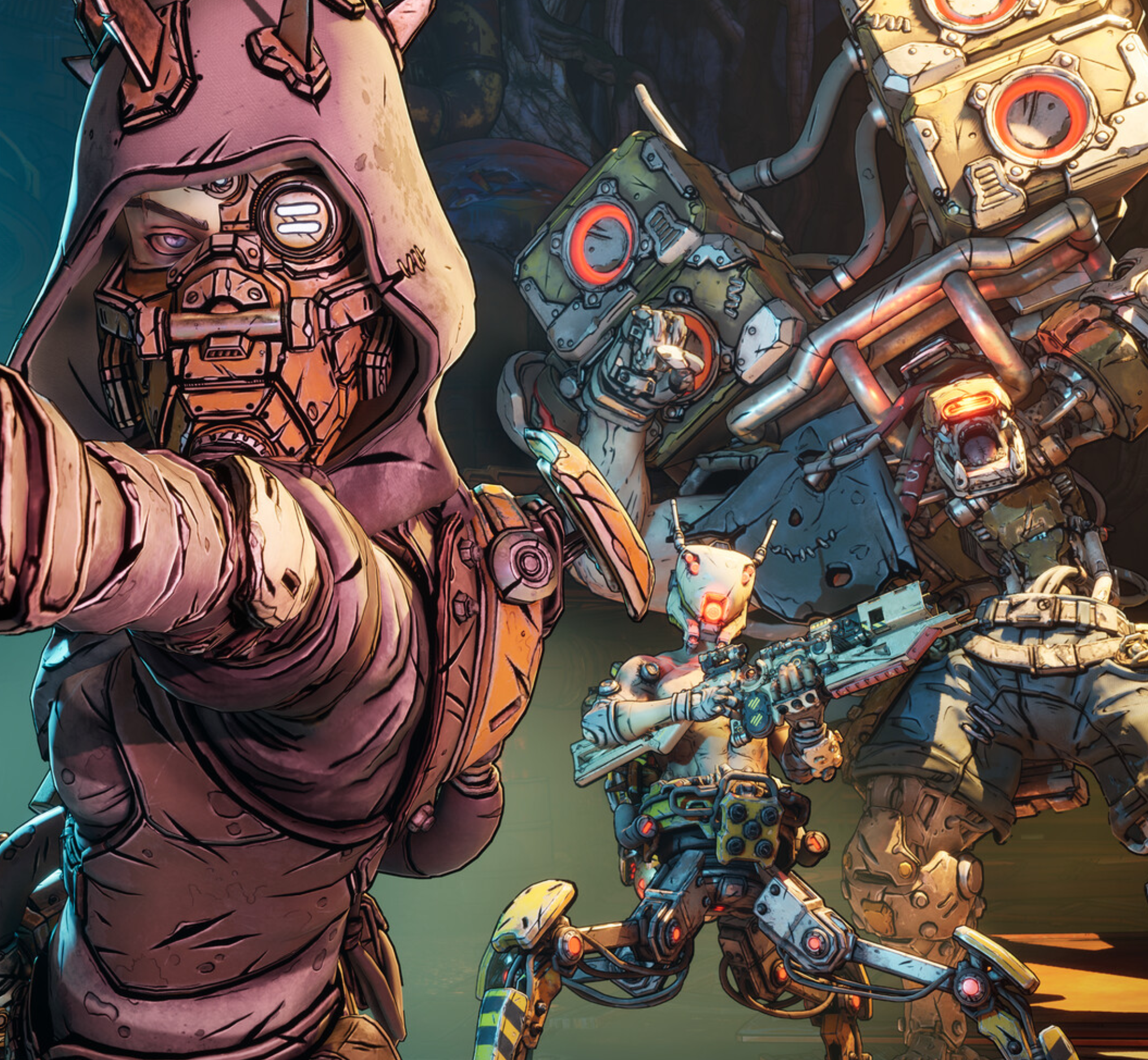In an era where digital distribution dominates the gaming landscape, a rising number of players are grappling with an uncomfortable truth: when a game’s servers go offline, their beloved worlds vanish. The recent announcement that BioWare’s Anthem will officially shut down its servers in early 2026 has reignited the discussion surrounding the preservation of online-only games and the rights of players who have invested time, money, and memories into them.
Anthem, originally released in 2019 by BioWare and published by Electronic Arts, was once marketed as a bold leap into the online action-RPG genre. Despite its promising world design and ambitious cooperative gameplay, the title struggled to maintain a consistent player base due to technical issues, repetitive missions, and a lack of long-term content. After several years of updates and restructuring attempts, BioWare announced that the game’s online services will cease entirely, rendering it unplayable. For many players, this shutdown marks not just the end of a live-service product but the erasure of a piece of gaming history.
The closure of Anthem has sparked renewed conversations about what happens to digital games once publishers decide they’re no longer profitable to maintain. Unlike traditional single-player titles that can be revisited decades later, live-service games rely on constant online connectivity. When that infrastructure is dismantled, there’s no simple way for players to preserve or relive the experience. This has fueled calls from preservation advocates and gaming historians who argue that the industry needs stronger systems to archive and protect online games for future generations.
Preservationists warn that this issue extends beyond nostalgia. Games like Anthem represent cultural artifacts—snapshots of technological ambition, artistic collaboration, and community engagement. When they disappear, entire chapters of interactive history are effectively erased. Organizations such as the Video Game History Foundation have long emphasized that without industry cooperation, large portions of gaming’s digital evolution will vanish into obscurity.
The emotional impact on players is also significant. For many, games serve as social spaces as much as entertainment products. Losing access to these digital worlds can feel like watching a favorite community disband or a familiar town demolished. Players who spent hundreds of hours customizing characters, forming friendships, and achieving milestones are left with nothing more than screenshots and memories.
Developers, however, face difficult economic and technical realities. Maintaining servers for a game with a dwindling player base can be costly. Companies must balance preservation with profitability, and few have established strategies for transitioning online games into offline or archival forms. Some studios have experimented with “end-of-life” events or limited offline modes, but these efforts remain the exception rather than the rule.
As the gaming industry continues to evolve, this debate will only intensify. The shift toward online ecosystems, live-service models, and cloud-based experiences raises critical questions about ownership, accessibility, and longevity. Players and preservationists alike are urging developers to adopt more transparent shutdown policies and to explore ways to keep games playable, even after official support ends.
The shutdown of Anthem may be a single headline today, but it symbolizes a larger issue facing the medium as a whole: in the digital age, how do we ensure that the worlds we build—and the stories we share within them—don’t disappear when the servers go dark?



